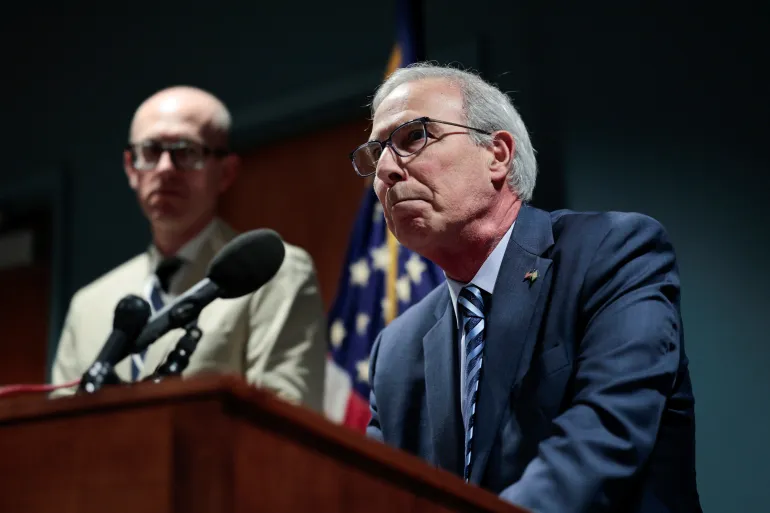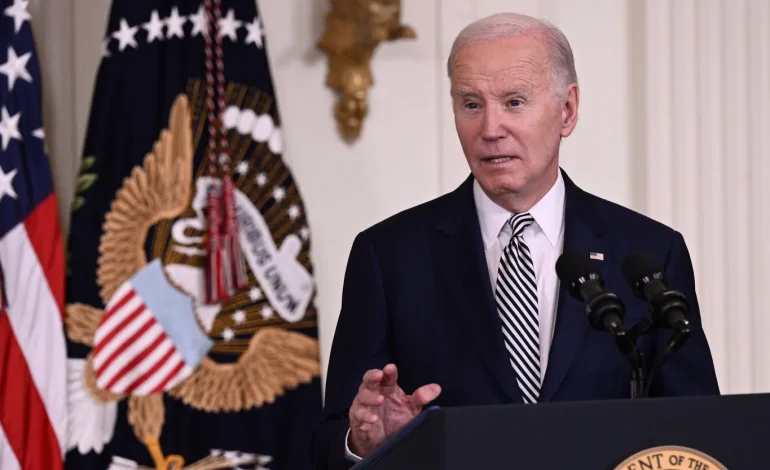The US government announced new regulations on Monday aimed at restricting the global flow of artificial intelligence (AI) chips and technology, with the goal of safeguarding US leadership in AI development.
These measures focus on limiting exports of advanced chips while maintaining broader access for the US and its allies, all while blocking countries like China, Russia, Iran, and North Korea from obtaining these technologies.
The new rules, unveiled during the final days of the Biden administration, represent a continuation of a multi-year effort to limit China’s access to advanced computing power, which is believed to bolster its military and technological capabilities. US Commerce Secretary Gina Raimondo stated:
“The US leads AI now – both AI development and AI chip design, and it’s critical that we keep it that way.”
Under the new framework, a tiered system of export restrictions will be established. Close allies of the US, including Japan, South Korea, and the Netherlands, will face fewer limitations. However, countries such as China and Russia, which are already banned from acquiring the most advanced chips, will face additional constraints on accessing certain AI models and technologies.
Meanwhile, countries not falling into these top-tier groups will face restrictions on the number of advanced AI chips they can purchase, though they can apply for exemptions if they meet high security standards. Notably, companies like Microsoft, Amazon, and Google, which provide cloud services, will be allowed to seek global authorizations for data center construction, provided they comply with stringent security conditions.
This move also represents an effort to close loopholes that allowed Chinese companies to access US-made chips via third countries, particularly in regions like the Middle East. The regulations reflect the Biden administration’s broader goal of securing the US’s technological edge, especially as AI continues to develop rapidly and plays a more central role in global economies.
However, the announcement has sparked significant pushback from within the tech industry. Nvidia, a leading producer of AI chips, criticized the regulations as “sweeping overreach,” arguing that they could harm innovation and limit access to technology that is already widely available in consumer products. Similarly, Oracle expressed concerns that the restrictions would damage US competitiveness in the global AI and GPU markets.
Despite this criticism, US officials emphasize the importance of ensuring that AI technology does not fall into the hands of adversarial states. National Security Advisor Jake Sullivan highlighted the potential security risks of unchecked AI development, particularly its applications in military and surveillance technologies.
CNBC, Market Watch, and CNN contributed to this report.









